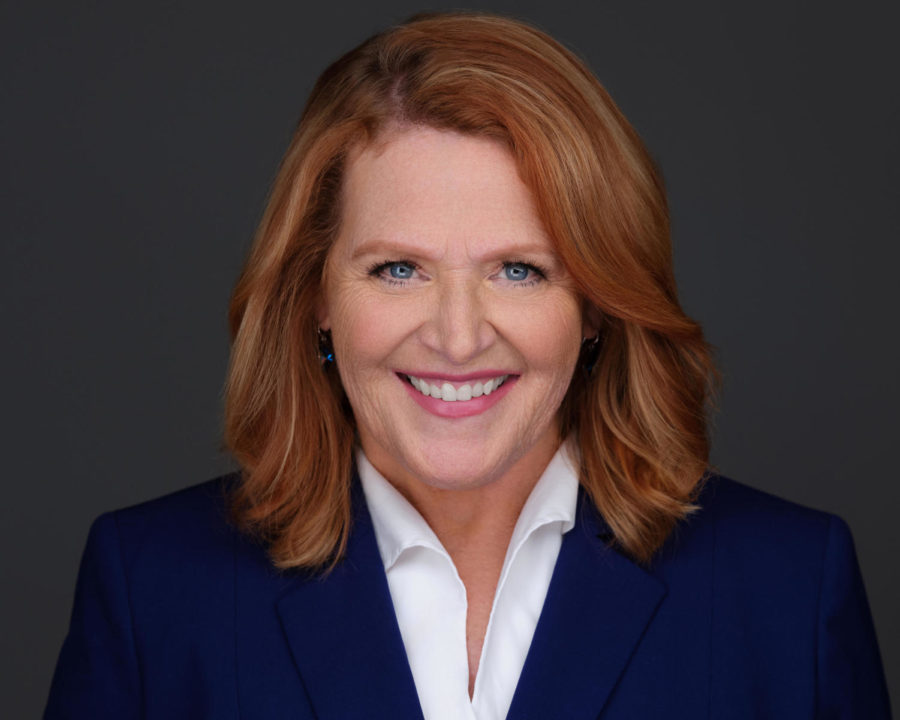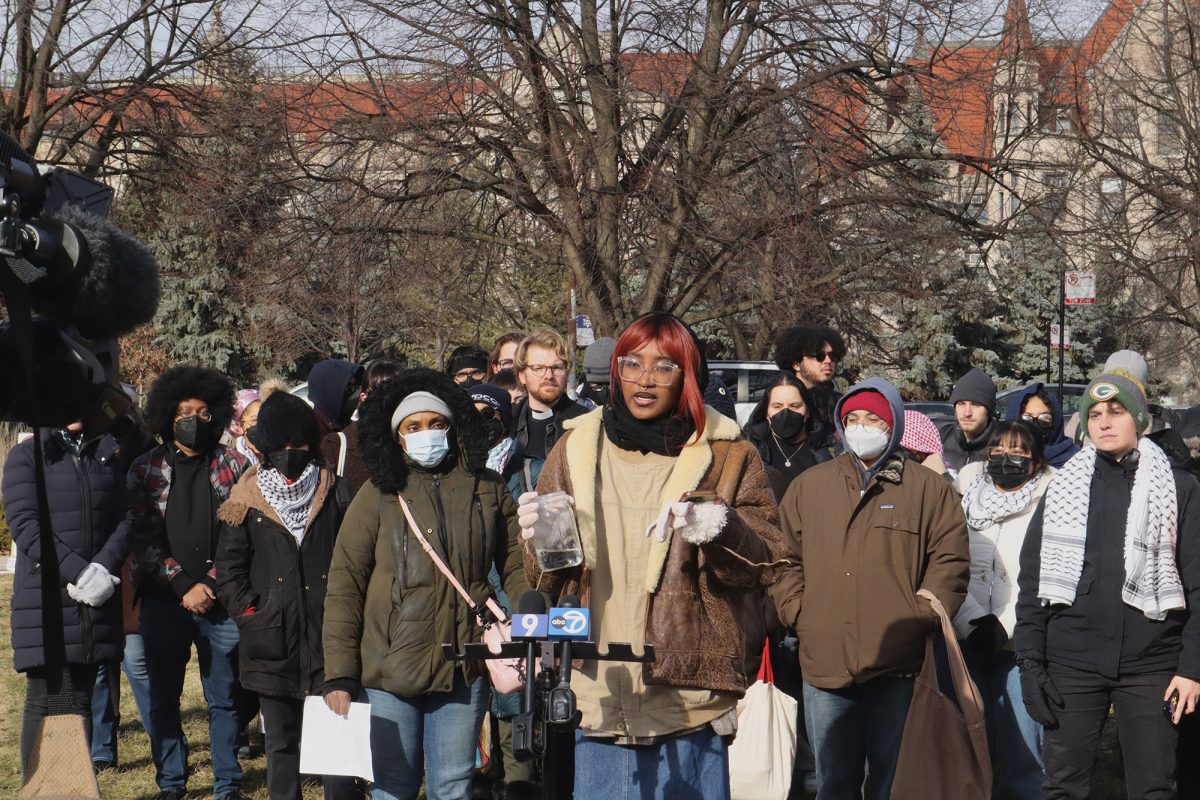[img id=”76991″ align=”alignleft”] The Graduate School of Business received a $300 million donation Thursday from alumnus David Booth (MBA ’71) and his family and will be renamed the University of Chicago Booth School of Business. The gift is the largest in the University’s history, as well as the largest to any business school in the world. The next largest single gift to the University was $100 million toward financial aid from an anonymous donor last year.
Students were notified that there would be an “historic announcement” made at the Charles M. Harper Center late Thursday, mere hours after the University Board of Trustees voted to accept the gift. Booth spoke at the hastily assembled reception along with President Zimmer, business professor Eugene Fama, and Ted Snyder, Dean of the Graduate School of Business.
Greeted by a standing ovation from a crowd of students, trustees, and faculty chanting “Booth,” the donor expressed his gratitude for the University’s contributions to his success.
“It’s not a gift,” Booth said. “The University has been a partner all along, so this is a partnership distribution. This is the University getting its due for all the help it’s given me.”
Snyder described Booth’s previous gifts of $10.5 million as “a mere warm-up for what he’s now committed.” The gift is a combination of an up-front payment and income from an equity stake in Booth’s investment fund, Dimension Fund Advisors (DFA). The school will receive income from its shares, and the final value of the shares whenever it chooses to sell them. In his opening remarks, Snyder noted that Booth’s fund consistently outperforms comparable stock indices.
President Zimmer pointed to Booth as someone who fully understands and exemplifies the University’s values.
“He’s an example of how to take the value of a U of C education, and apply it outside of the academy into something real, and powerful,” he said.
Booth came to the U of C to pursue a Ph.D. in economics, intending to return to academia. But Booth’s early finance courses with Fama and work as his research assistant inspired Booth to change directions. He went on to start his own investment fund with a University of Chicago classmate, Rex Sinquefield (MBA ’72), in 1981.
But instead of leaving the U of C behind, Booth incorporated it into his business. DFA adheres to the efficient market hypothesis developed by professors at the University of Chicago, including Fama, which suggests that investors cannot beat the market, but are best served by holding diversified investment portfolios. Moreover, DFA works directly with U of C business school faculty: Fama sits on the company’s board of directors, as do professors John Gould, Abbie Smith, and Marvin Zonis.
Fama was touched by Booth’s gift.
“Personally, it’s an incredibly great day for me. A person I admire and a friend of mine for 40 years is putting his name on an institution that’s nourished me for 50 years,” Fama said.
DFA has become a major player in small-cap investments, and now offers a variety of investment products—it currently manages $120 billion for institutional investors and clients of financial advisers.
University representatives declined to comment on whether DFA manages any of the University’s endowment.
In his remarks, Snyder emphasized that the new name is not meant to indicate that the business school will have a new identity.
“The Booths are encouraging us to move further on the path we’re on,” he said. “There is no new design or definition. This is an expression of unrestricted support for what we are, and a dramatic wish that we become yet more.”
While the gift comes with no strings attached, Booth sees the school’s faculty as one of its most important assets. The gift, he said, is a tribute to the school’s teaching methods. Recalling a conversation with Professor Gary Becker about how Becker and Professor George Stigler were lured away from Columbia with special professorships that offered, among other things, higher pay, Booth said he hopes the gift will be used to similar ends.
“I want to make sure the dean has the resources to get any faculty he wants,” he said.
Snyder added that the gift will be used to accelerate development of international programs and relationships, as well as to harness and organize the school’s intellectual capital.
“Alumni want to tie in for insights. We’ve sent out 15 substantive analyses in the last 31 days,” he said.
He hopes that the gift will allow the school to produce more content with insights for alumni, on a wider range of topics.
The gift comes at an uncertain time for University fundraising efforts.
“The timing was independent of the crisis. We started talking about this about five and half years ago,” Snyder said in an interview after the dedication. “But having said that, it’s nice to have.”
Snyder hopes to build on the momentum the gift will generate. He announced the establishment of a $100 million matching invitation, the largest such initiative in the business school’s history, using unlimited resources from the school to match donations. He hopes that this will encourage other donors with the means to make significant contributions.
While the gift is significant, President Robert Zimmer noted that it by no means solves the University’s financial concerns.
“We still need to think about ways to reduce costs across the board,” he said.







